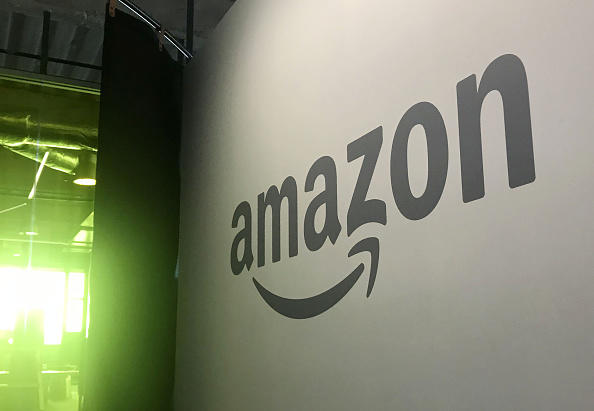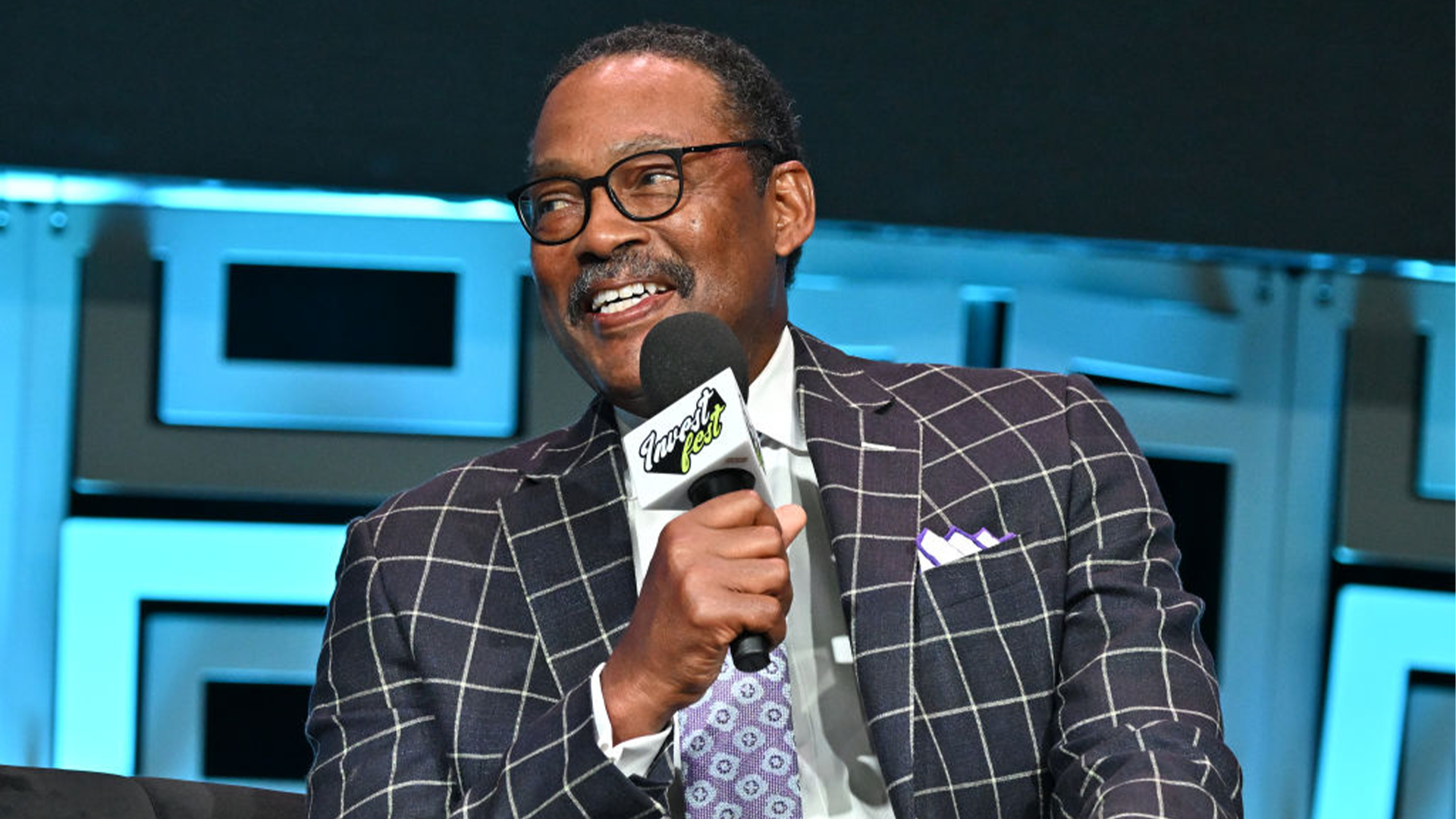Facial recognition has the potential to introduce continuous, mass surveillance throughout the United States. Vulnerable communities — including Black people, religious minorities, and other communities of color — are especially likely to be harmed by facial recognition’s deployment.
Amazon is perhaps one of the most infamous participants in facial recognition software development. But on Wednesday, Amazon shareholders failed to pass two resolutions concerning the company’s facial recognition software, Rekognition.
Although the proposals were non-binding — meaning Amazon could have rejected the vote’s results — passing them would have still sent a message. The first proposal was about stopping sales of Rekognition to the government, and the second demanded an independent review of the program’s civil and human rights impacts.
Unfortunately, the vote doesn’t come as a huge surprise. As noted by TechCrunch, CEO Jeff Bezos retains 12 percent of the company’s stock. He also has the voting rights in his ex-wife’s remaining stake.
Although Amazon refuses to release a full list of its Rekognition customers, it has been rolled out to law enforcement. In May 2018, documents obtained by the American Civil Liberties Union (ACLU) of Northern California revealed that Amazon sold Rekognition to police. The company also tried peddling the program to the Department of Homeland Security’s Immigration and Customs Enforcement.
Multiple tests have revealed that Amazon’s Rekognition program is only accurate if you’re a white man. In July 2018, Rekognition falsely matched 28 members of Congress to mugshots in a test conducted by the ACLU — six were members of the Congressional Black Caucus. Then an M.I.T. study found that the program couldn’t recognize darker-skinned women.
“In one test, Amazon Rekognition even failed on the face of Oprah Winfrey, labeling her male. Personally, I’ve had to resort to literally wearing a white mask to have my face detected by some of this technology. Coding in white face is the last thing I expected to be doing at M.I.T., an American epicenter of innovation,” Joy Buolamwini, an M.I.T. researcher, said while testifying before the House Oversight and Reform Committee.
Before shareholders were brought into the conversation, civil rights and privacy advocates tried to hold Amazon leadership accountable. Last month, AI researchers — including Turing Award winner, Yoshua Bengio, did the same with a public letter calling on Amazon to stop selling Rekognition to police.
Ahead of the vote, the ACLU addressed its own open letter to Amazon’s shareholders, writing:
“Amazon has shown it will not voluntarily act to prevent the deployment of this dangerous technology, posing a material risk to the company’s business reputation and the public’s trust. This product threatens the safety and civil rights of people everywhere.”
The breakdown of the shareholder votes will be made available next week. However, it’s likely that advocates will continue pushing back against Amazon and its Rekognition program.
















